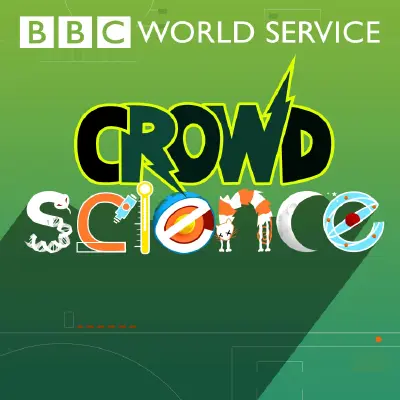Do you find your bearings quickly or are you easily disorientated? Do your friends trust you with the directions in a new city?
Finding our way in the physical world, whether that is around a building or a city, is an important everyday capability, one that has been integral to human survival. This week CrowdScience listener David wants to know whether some people are ‘naturally’ better at navigating, so presenter Marnie Chesterton sets her compass and journeys into the human brain.
Accompanied by psychologists and neuroscientists Marnie learns how humans perceive their environment, recall routes and orientate themselves in unfamiliar spaces. We ask are some navigational strategies better than others?
Professor Hugo Spiers from UCL shares his latest lab for researching navigation and tells us that the country you live in might be a good predictor of your navigation skills.
But is our navigational ability down to biology or experience, and can we improve it?
With much of our modern map use being delegated to smartphones, Marnie explores, with Prof Veronique Bohbot what an over-reliance on GPS technology might do to our brain health.
Presenter: Marnie Chesterton Producer: Melanie Brown
(Photo: Man standing on rural road holding up a road map, head obscured by map. Credit: Noel Hendrickson/Getty Images)
